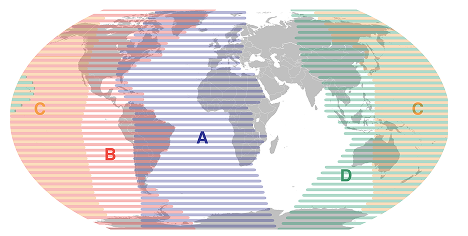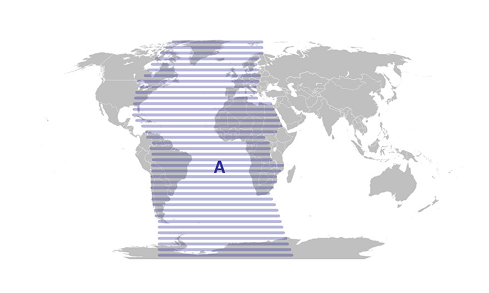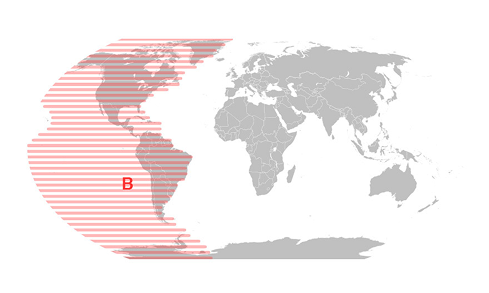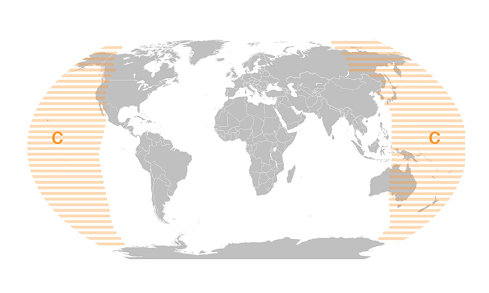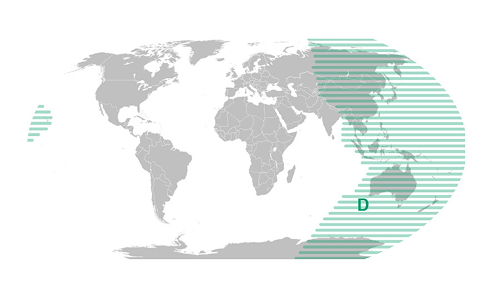
In Chapter One, the COSP DVD uses the game cards as an experiential exercise to capture the message that it is easy to miss what we are not looking for and, more importantly, that if we know what we are looking for, we can easily see it. This exercise serves as an introduction to the COS graphic which is designed to help parents see the going out and coming in of children that is Hidden in Plain Sight. There are other things Hidden in Plain Sight that facilitators are able to see if we are looking for them.
During the first COSP group, a mother starts to talk about how her kids know better than to do something that would embarrass her in public. She proudly reports that she just has to give them a look or ever so slightly raise her hand above her head and her children back off and quiet down. She says her children know their mother would never put up with them acting out and/or making her look bad. We can use the Circle to understand the mother's need that is Hidden in Plain Sight.
We start by recognizing that this mother is on the bottom of the Circle and feeling rather vulnerable in the parent group. What we are learning in our first encounter with this mom is that she wants others to know that she has expertise, that she knows how to parent her children, and that she is effective as a parent. As we reflect on this mother's behavior, we begin to understand that something is happening that makes her feel uncomfortable. Shark Music helps us recognize that her participation in the COSP group may cause fear that others might think she is not a competent parent. We start to see the behavior as defending against pain, and also the communication of a need. Using the Circle, we can see that this is actually an organize my feelings moment for this mother. Her behavior offers the facilitator an opportunity to be a safe haven and help with organizing her feelings by Being With her in her struggle and providing empathy, warmth, and understanding.
As with parents, we may also find that our own Shark Music is Hidden in Plain Sight. A facilitator recognized that she felt uncomfortable with quiet parents, and found herself skipping over the scheduled and recommended pauses on the DVD to avoid the inevitable silence. She didn't like how the group's lack of response made her feel uncomfortable, or how that led to her own increasing chattiness, which she also found annoying, but couldn't help - Shark Music! As she reflected on the first group, she recognized that the more she hurried through the DVD, the less the parents engaged. Her behavior was actually creating the outcome that was making her uncomfortable in the first place! With this realization came the knowledge that slowing down would actually open up opportunities for quiet parents to share. Reflection offers us opportunities to discover.



